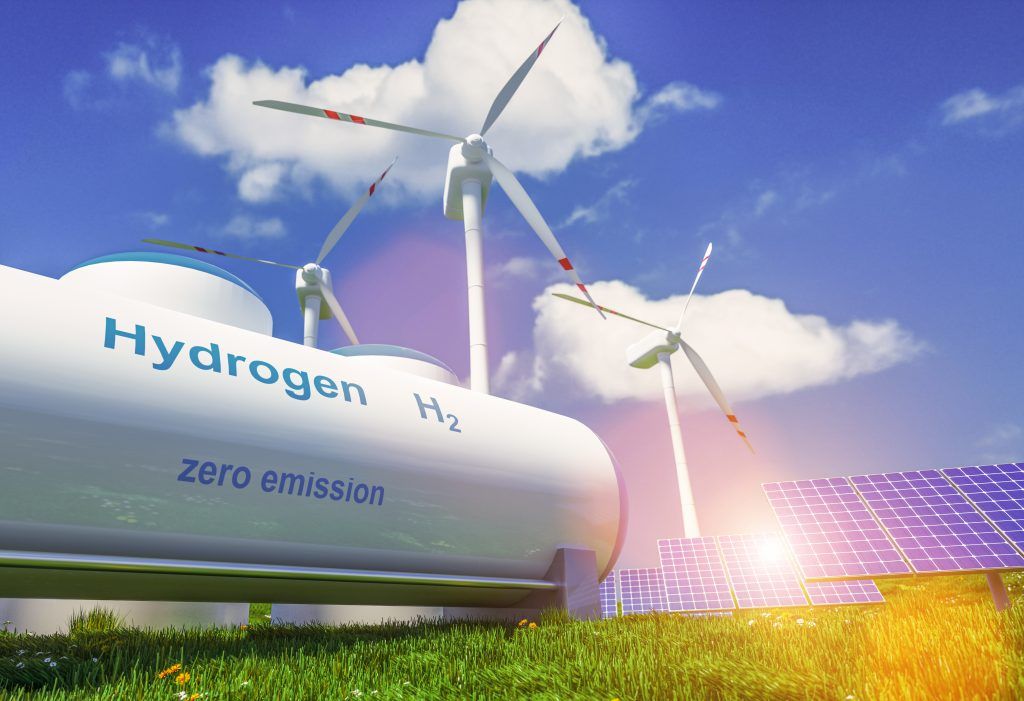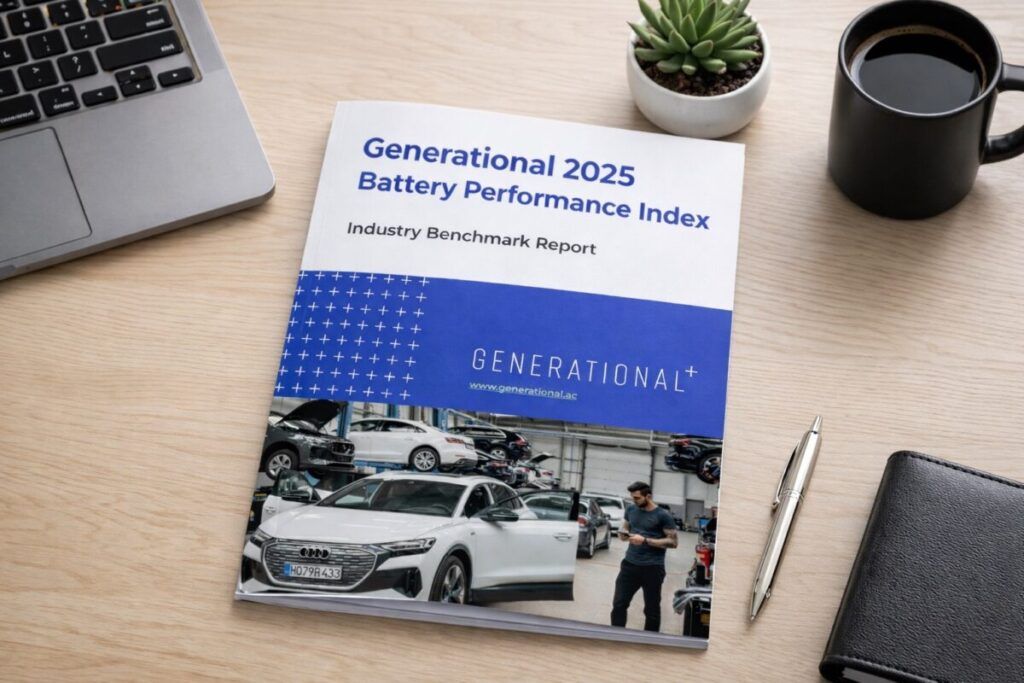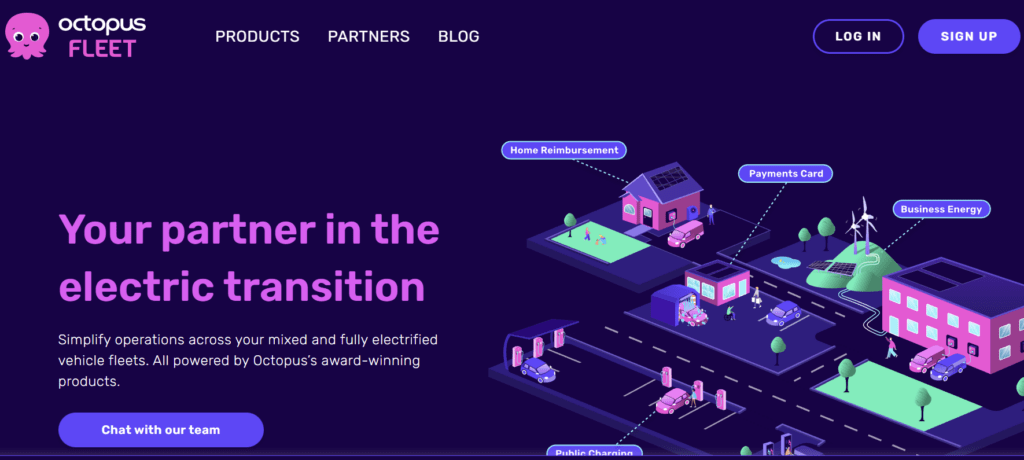Heavy goods vehicles (HGV) powered by green gas are key to decarbonising transport and transition must begin now for net zero by 2050, a new report claims.
The study from Cadent, The Future Role of Gas in Transport, sets out a pathway for how the UK’s heavy goods sector can start to achieve a significant reduction in emissions in the next decade with the use of hydrogen critical to achieving net zero, it states.
The sector is responsible for around 20 million metric tonnes of CO2 annually, and by switching HGVs to green gases, including biomethane, bio-CNG (Compressed Natural Gas), and hydrogen, the study states emissions could be reduced by up to 38% by 2030.
The report calls for hydrogen to be seen as “key” to transport, heat and industry to effectively scale production and distribution, and also calls for the growth of biomethane and bio-SNG production capacity. Additionally, it calls for the existing gas networks to be harnessed to deliver hydrogen fuel to heat, industry and transport.
Key milestones to delivery of a national hydrogen refuelling infrastructure by 2050 from the report include accelerating production in the next five years of these fuel types and trials of 100% hydrogen grids to demonstrate suitability for heating. From 2025 to 2030 it calls for full national coverage of CNG/LNG refuelling stations for HGVs and by 2035 the replacement of hydrogen HGVs from other fuel types. By 2040, it calls for gas pipelines to be delivering 100% hydrogen to large clusters of the UK and long haul hydrogen HGVs being “the norm”.
Transport minister Rachel Maclean MP said: “Last year, the Prime Minster set out an ambitious ten-point plan for a green industrial revolution, and decarbonising transport is a key pillar of this.
“It’s essential that we tackle emissions from the road freight sector, not only to meet our net zero target, but also to create and secure skilled jobs and investment, right across the UK.
“This is why I want to see the UK at the forefront of developing cost-effective, zero-emission HGVs and their refuelling infrastructure, as we build back greener.”
Dr Angie Needle, director of strategy at Cadent said: “Hydrogen is an important component of how we reach net zero for transport. There are emissions savings we are making today from bio CNG that not only help to decarbonise HGV transport here and now but enable a hydrogen future.
“It is critical that Government recognises the role that green gas will play in decarbonising transport.”












